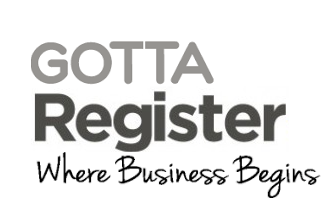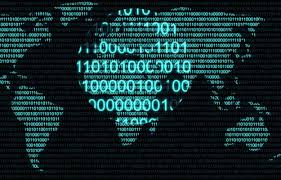As many of you may know, data has become quite an important subject since the Cambridge Analytica scandal. The usage of data gathering, delivering and processing is one (if not the) of the most important and discussed topics nowadays, from both a legal perspective, from a business and from a technology-related one. Let’s dive into the world of data and let’s try to eviscerate why it is still the most valuable asset on Earth.
What’s Big Data And How Is It Collected?
Big data is the term that is related to numerical values associated with a specific user. The simplest example of big data in today’s industry would be cookies. Although the matter is in constant evolution, with far more tailored and precise algorithmic values which are generating far better big data, the collection of such data is still related to numPy and Pandas, two very popular Python (programming language) libraries used throughout the entire data science sector. The collection of such data happens with the combination of these libraries with (mainly) Java and Javascript-based architectures which are storing these values for their future usage in marketing/lead generation processes.
The GDPR Variable
As mentioned above, big data has been recently shaken by the Cambridge Analytica scandal: in 2018, the infamous British company bought a vast number of data points (very tailored big data based on users’ keyword research) from Facebook in order to launch dozens (if not hundreds) of extremely personalized paid social ads for both the Trump campaign and the Brexit campaign. This illegal buying has cost Facebook a $2 billion fine and, most importantly, a specific GDPR section on big data regulation. As of today, in fact, it is mandatory for every business entity to state how data is acquired, stored and processed, in order to let the user decide whether if he/she wants his/her data to be collected.
The Future
The future of data regulation is definitely related to how the technologies used to either get and store pieces of data will evolve. Python is a programming language which is constant evolution and its power in data acquisition will most likely embrace the mobile sector, like a big company which focuses on app development in London, has recently stated. The UK still is the European powerhouse in terms of technology and its usage, so we can safely say that this insight is very much worth.
It will be very, very important to understand how companies who focus on personalization-oriented features for their products (especially eCommerce-wise) will use data in 2020, since GDPR will very likely be updated with more and more features on this very matter. Regardless, data is definitely one of the most, if not still the most powerful business sector from a technological point of view.
To Conclude
Data has definitely been recognized as a powerful yet dangerous tool in today’s business world. Its usage, acquisition and everything in between are hot topics and it’s good to see that their complete regulation is almost here.

